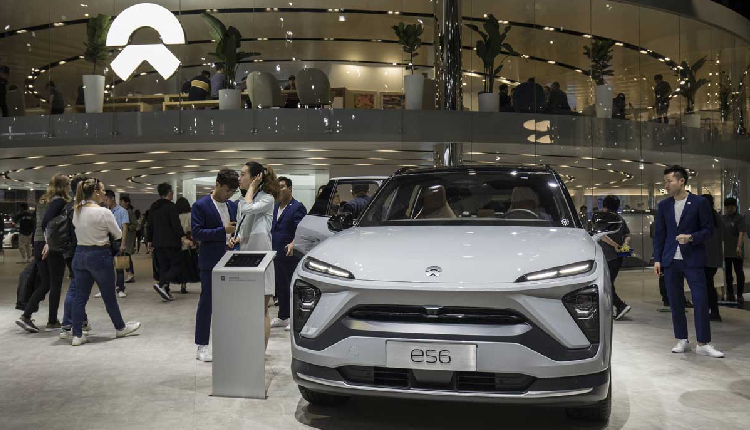Canada is considering imposing tariffs on Chinese electric vehicle (EV) imports, with support from General Motors (GM) Canada, as Chinese auto giant BYD revealed plans to enter the market.
President of GM Canada, Kristian Aquilina expressed support for the government’s review, emphasising the need for fair competition to boost investment and employment.
The Canadian federal government recently concluded a 30-day consultation on whether to impose tariffs similar to those by the US and EU to counteract Chinese EV imports. Concerns have been raised about “unfair competition” from China’s state-driven overcapacity and non-market practices.
Industry groups, including Unifor and the Canadian Chamber of Commerce, support the tariffs, while climate-focused organisations like Clean Energy Canada warn they could limit affordable EV options.
The US recently raised tariffs on Chinese EVs to 100 per cent, and the EU’s tariffs could exceed 38 per cent. Currently, only Tesla models imported from Shanghai face a 6 per cent tariff in Canada, but BYD, the world’s largest EV producer by volume, is considering entering the Canadian market.
BYD stopped producing gasoline-only models in 2022 and sold over three million vehicles last year, including the Seagull EV, priced around $14,600. GM plans to re-launch its Chevy Bolt EV next year, with the Chevy Equinox EV already available for about $50,000, claiming it as Canada’s most affordable EV with a 500-kilometre range.
While EV sales have slightly decreased, zero-emission vehicles accounted for 11.3 per cent of auto registrations in the first quarter of 2024, with battery electric vehicle registrations up 57 per cent compared to last year, according to S&P Global Mobility.
Aquilina emphasised the need for flexibility in navigating the EV transition, acknowledging that market changes will have ups and downs.
Attribution: The Canadian Press










